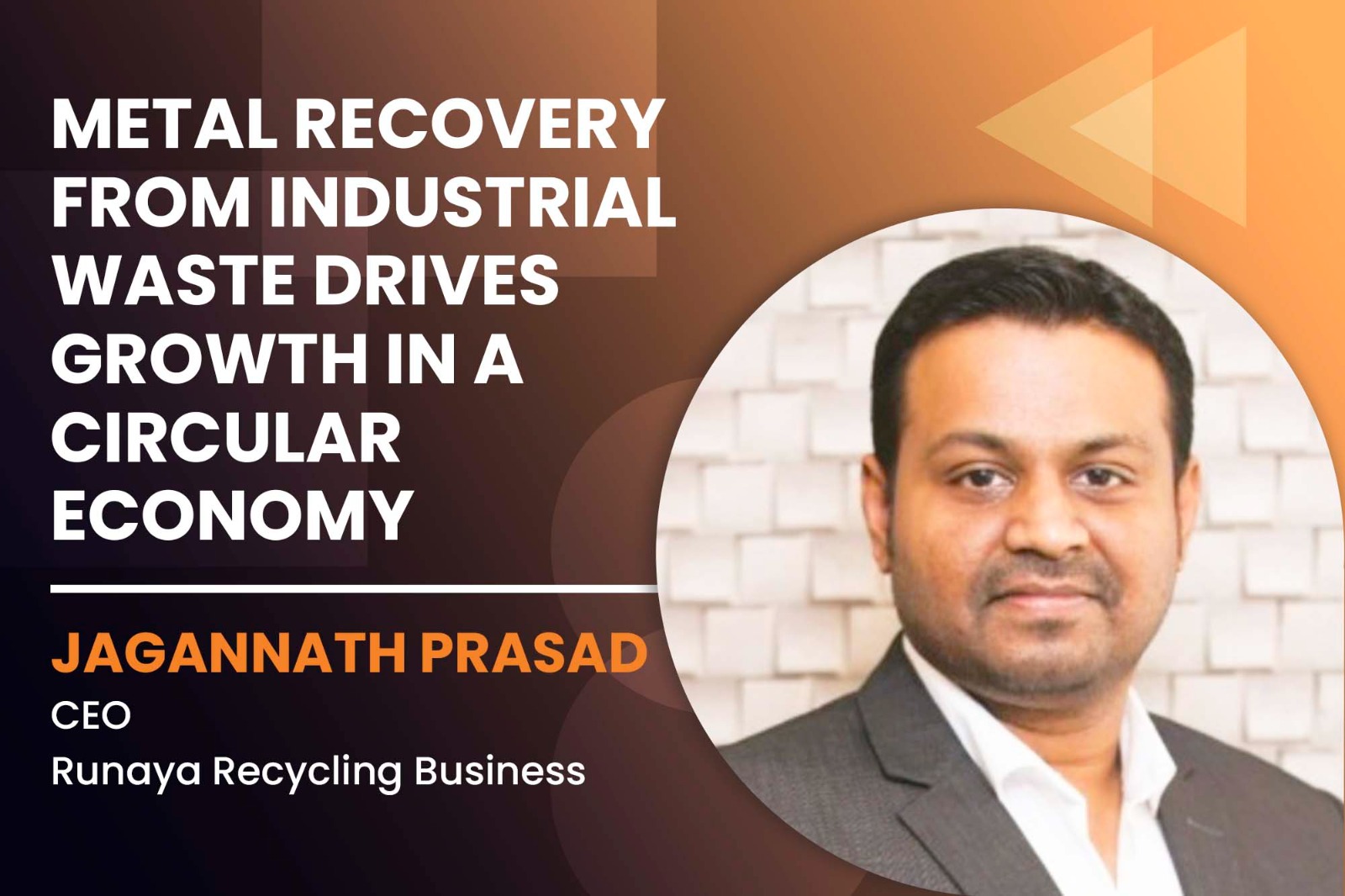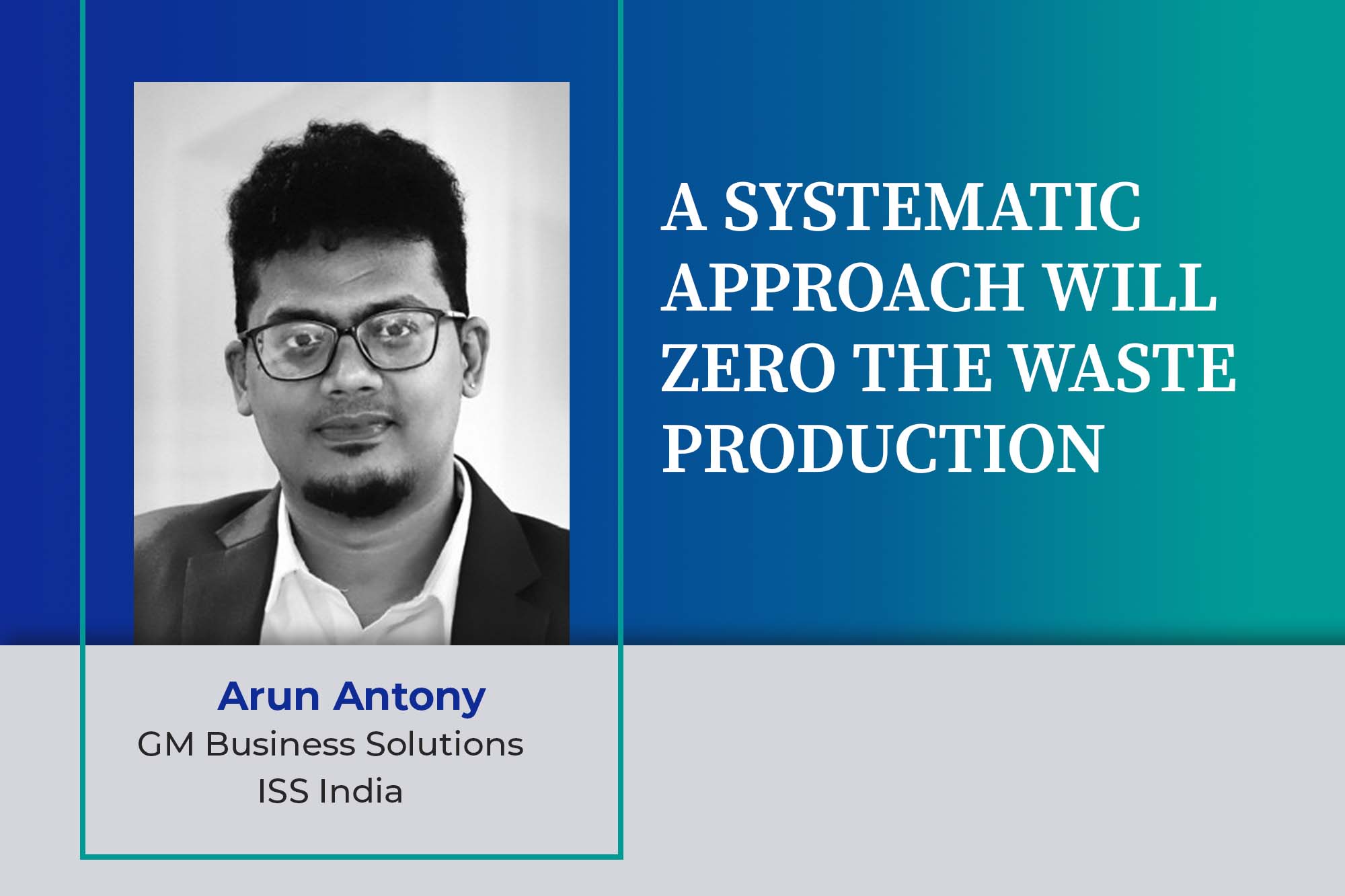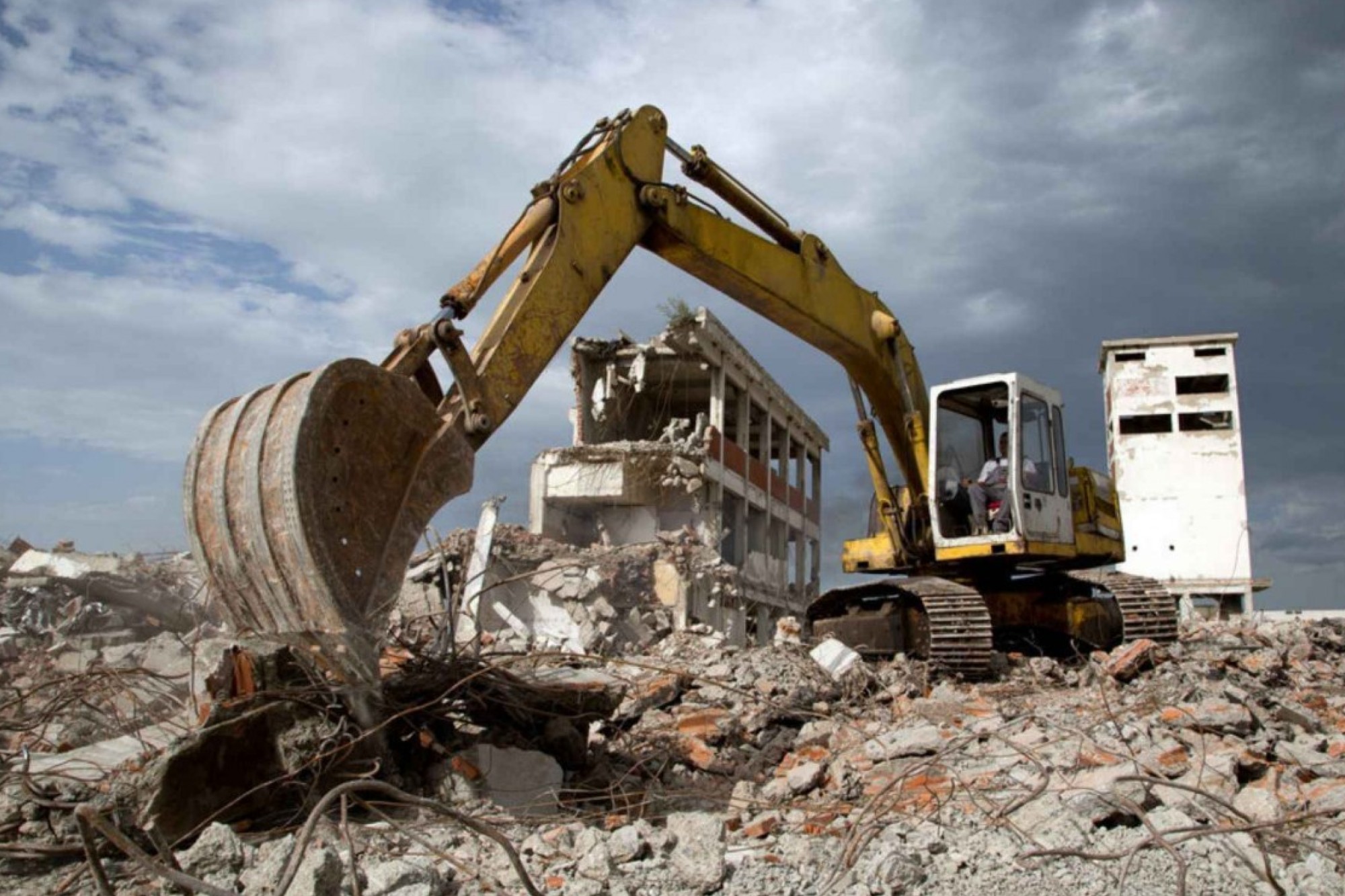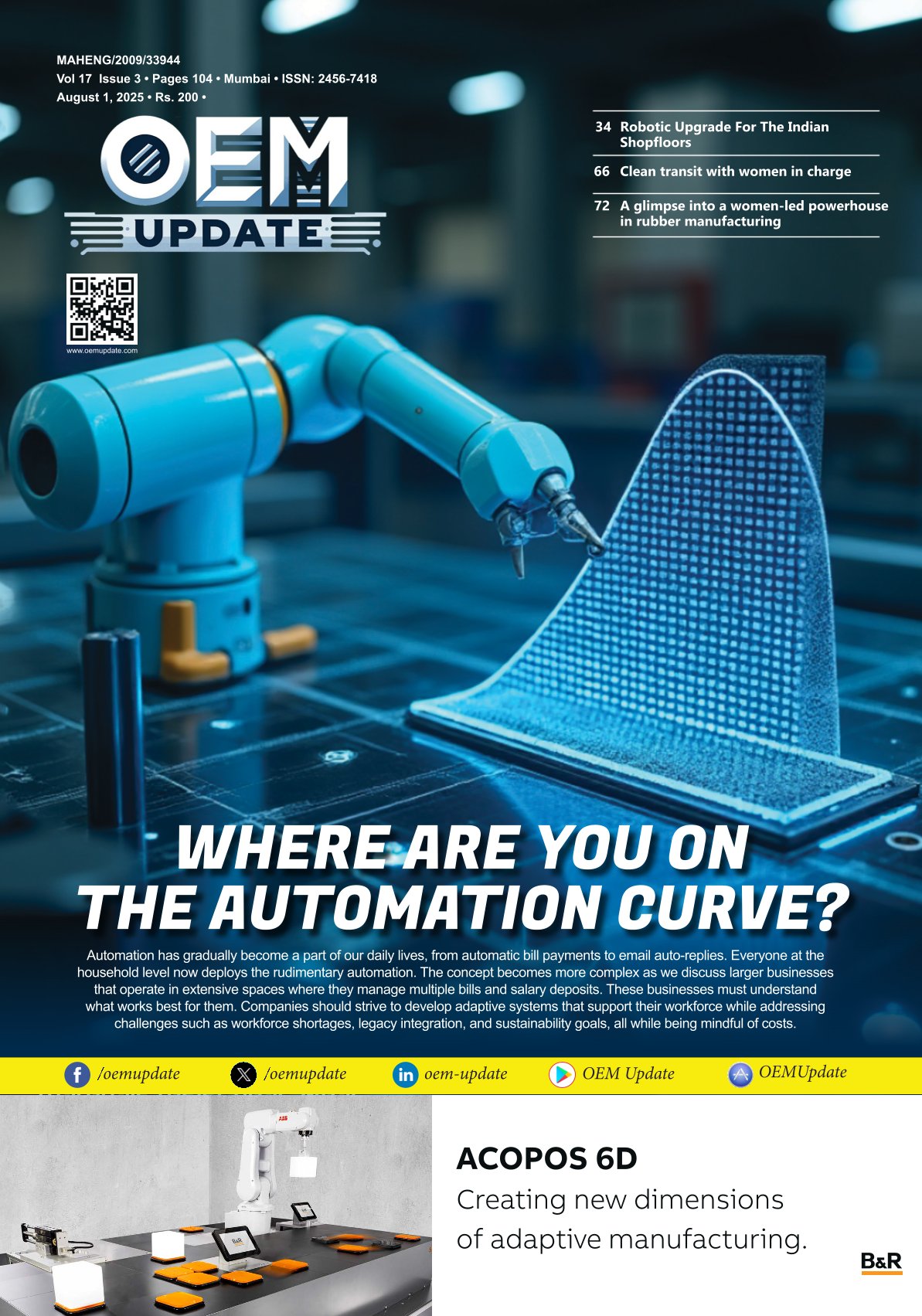Metal recovery from industrial waste drives growth in a circular economy
By Staff Report April 28, 2025 4:56 pm IST
Industrial waste management is a strategic imperative for sustainable growth, along with a regulatory obligation. Among its most transformative aspects is metal recovery, particularly aluminium, which has gained prominence in today’s circular economy-driven landscape. As industries seek to reduce environmental impact and improve resource efficiency, recovering valuable metals from waste streams is rapidly reshaping the future of manufacturing.
Metal recovery from industrial waste is a compelling intersection of environmental responsibility and economic opportunity. Metals like Aluminium are infinitely recyclable without quality loss, making them key players in sustainability. As manufacturers strive for eco-efficiency, adopting advanced waste management strategies that focus on metal recovery has become standard practice.
However, managing the waste generated from industrial processes, such as slag, dust, and scrap—remains a complex challenge. These by-products often contain trace amounts of valuable metals. Extracting and reusing them enhances material efficiency and reduces the environmental footprint of production.
Aluminium Recycling: A Core Driver of the Recovery Chain
Among all recyclable metals, Aluminium is one of the most widely recovered, thanks to its versatility and presence across industries such as automotive, aerospace, construction, and packaging. Recycling Aluminium uses up to 95% less energy than producing it from raw ore, making it an economically and environmentally superior alternative.
Yet, recycling isn’t without its hurdles. Aluminium smelting generates Aluminium dross, from which Aluminium is recovered, while the depleted residue is typically landfilled. Here’s where innovation steps in—this depleted dross can further be transformed into valuable products like steel slag conditioners using advanced technology, enabling zero waste and driving the circular economy forward.
The Technological Leap Forward
Modern metal recovery is increasingly powered by automation and AI-driven technologies. Smart sorting systems, powered by machine learning, can now identify and isolate different metals from complex waste streams with remarkable accuracy. These systems boost recovery rates while reducing manual errors and processing time.
Automated solutions also make it feasible to handle large volumes of industrial waste economically. As a result, Aluminium recyclers and other stakeholders can scale operations efficiently while delivering higher yields of recovered material.
Environmental and Economic Gains
Effective metal recovery offers a dual advantage—minimising environmental impact while improving the bottom line. Recycling Aluminium reduces the demand for bauxite mining, lowers emissions, conserves energy, and protects fragile ecosystems.
From a financial perspective, recovered metals reduce the need for virgin raw materials, cutting procurement costs and boosting profitability. In a market increasingly influenced by sustainability-conscious consumers and investors, businesses that adopt green manufacturing practices are better positioned to build trust and drive long-term growth.
Looking Ahead: A Circular Future
As the global focus on sustainability intensifies, the relevance of industrial waste management in metal recovery will continue to rise. The next frontier lies in the integration of circular economy principles, where waste is minimised and repurposed as input for new value creation.
The continued evolution of Aluminium recycling will be critical to this transition. Governments are also expected to tighten regulations, further accelerating the adoption of advanced recovery methods.
Conclusion
The future of industrial waste management is bright—anchored in innovation, driven by necessity, and aligned with sustainability goals. Aluminium recycling technologies are setting new standards in metal recovery, enabling industries to reduce waste, recover value, and contribute meaningfully to a circular economy.
By investing in advanced recycling solutions today, industries can shape a more resilient, resource-efficient tomorrow—where sustainability and profitability go hand in hand.
Cookie Consent
We use cookies to personalize your experience. By continuing to visit this website you agree to our Terms & Conditions, Privacy Policy and Cookie Policy.















